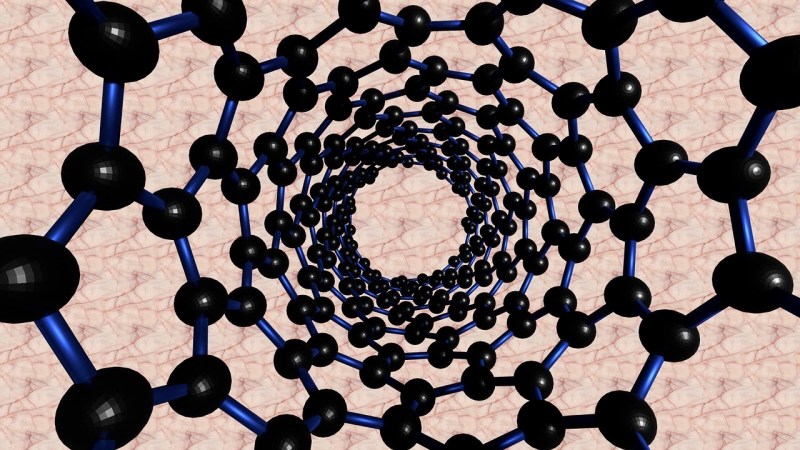Each week, The Daily’s Science & Tech section produces a roundup of the most exciting and influential research happening on campus or otherwise related to Stanford. Here’s our digest for the week of Jan. 26 – Feb. 1.
Medical nanotubes to reduce plaque buildup
Newly developed nanoparticles coated with drugs can reduce plaque buildup in mice arteries, a study published on Jan. 27 in “Nature Nanotechnology” found.
“This is precision medicine,” vascular surgery and cardiovascular medicine professor Nicholas Leeper told Stanford Medicine News. “We used the nanotubes to deliver a payload like a Trojan horse.”
The findings suggest that in female and male mice with less advanced plaque, the nanoparticle therapy reduced plaque levels by 40%. In male mice with advanced plaque, the therapy reduced plaque levels by 20%.
The nanoparticles targeted plaque and left healthy tissue untouched, avoiding side effects such as organ damage or anemia. “We were able to constrain the uptake into just the cells we want,” Leeper told Stanford Medicine News. “There’s a general rule of treatment: The more targeted you can get, the fewer side effects you have.”
Beliefs on God’s identity influences who should be leaders
American Christians’ perception of God can influence their perception of leaders in the workplace, a study published on Jan. 30 in “Journal of Personality and Social Psychology” found.
Led by psychology assistant professor Steven Roberts, the researchers were interested in how people perceive God, and if this impression has an influence on who these people choose to be in charge. The findings showed that study participants selected male faces as more God-like over female faces, and white Christians were more likely to respond to God as white, while black Christians were more likely to respond to God as black.
“It was somewhat shocking that our participants explicitly attributed a gender and a race to God,” Roberts told Stanford News.
In the second study, a different set of participants were asked to rate fictitious job applicants on how well they would be suited for a supervisory role in a fictitious company. The second study’s findings suggested that Christians who believed God to be white and male rated white male job applicants higher than white females, who were rated higher than black male and black female applicants.
“Basically, if you believe that a white man rules the heavens, you are more likely to believe that white men should rule on Earth,” Roberts told Stanford News.
Transitional care for congestive heart failure patients
For elderly patients hospitalized for congestive heart failure, researchers have determined that three transitional post-discharge care regimens can provide noticeable health benefits compared to standard post-discharge regimens, a study published on Jan. 28 in “Annals of International Medicine” found.
The three transitional care interventions include disease management clinics, nurse home visits and nurse case management, whereas standard post-discharge care includes sending patients home with advice and scheduling follow-up cardiology appointments.
“Transitional care interventions for older individuals with congestive heart failure — particularly nurse home visits — offer a high-value care alternative that could improve the health and longevity of millions of Americans,” medicine associate professor Jeremy Goldhaber-Fiebert told Stanford Medicine News.
The researchers found that while all three transitional care interventions are beneficial, the nurse home visits are the most impactful. The findings suggested nurse home visits decreased hospitalizations by 10 readmissions per 100 patients, and also increased life expectancy by roughly four months.
“If these interventions were successfully implemented at scale, they could provide important substantial benefits with very good value,” medicine professor Douglas Owens told Stanford Medicine News.
Contact Derek Chen at derekc8 ‘at’ stanford.edu.
